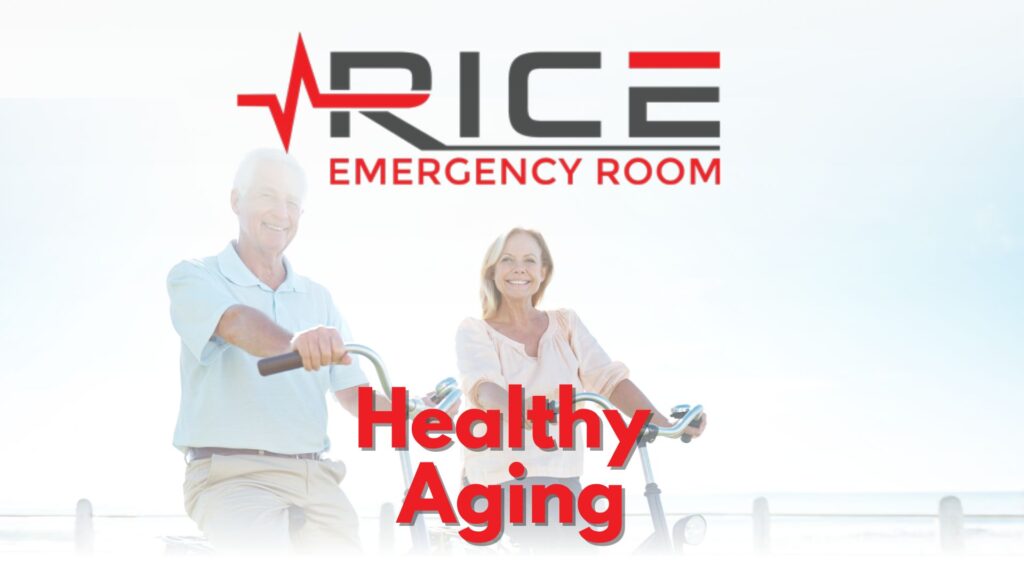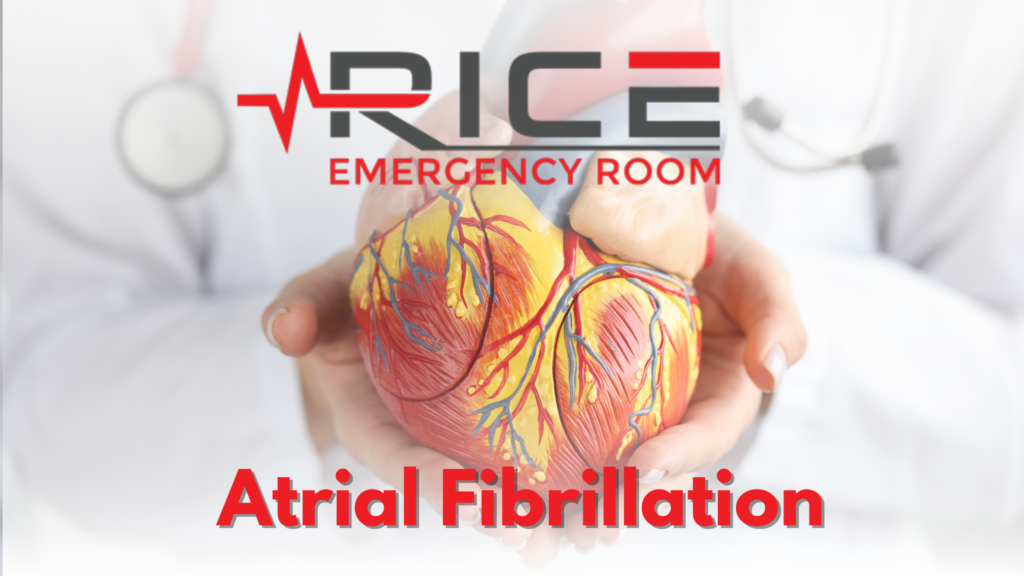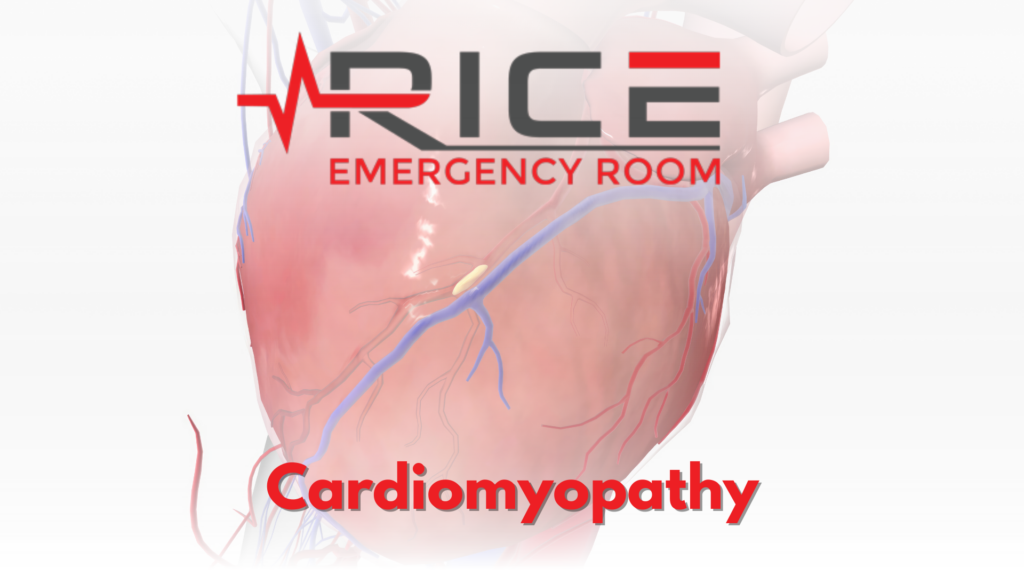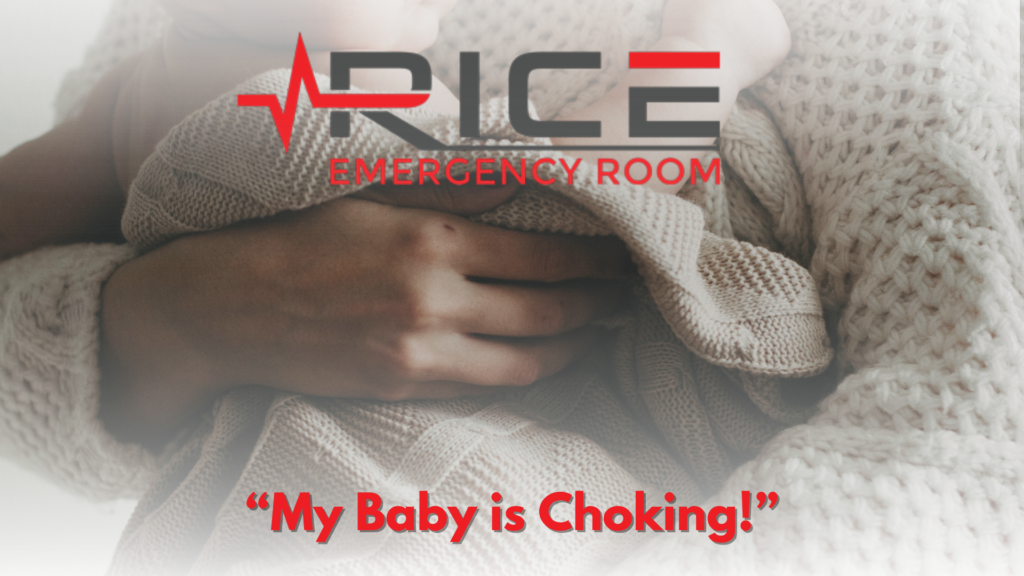Healthy aging is a popular focus in America, with new and exciting medical breakthroughs improving longevity for everyone. As we age, maintaining good health becomes increasingly important. Having access to top-notch emergency medical care in West University Place and surrounding communities along with adopting proactive health measures can make all the difference in ensuring a high quality of life in our golden years.
Rice ER is Ready to Handle Age-Related Medical Emergencies
Healthy aging is achievable with the right approach to medical care and lifestyle choices. By understanding the common diseases that affect older adults, prioritizing regular annual exams, and undergoing recommended diagnostic tests, you can take proactive steps toward maintaining your health and well-being and reduce the risk of an unplanned medical emergency such as a heart attack or stroke. Additionally, being prepared with a list of medications and emergency contacts ensures you are ready for any medical emergencies that may arise. Remember, it’s never too late to start focusing on your health, and doing so can lead to a happier, healthier life in your senior years.
Getting started
Our board-certified emergency room physicians see firsthand how healthy aging significantly impacts our patients’ well-being. Below, we’ll cover the most common diseases that men and women face as they age, the importance of regular annual exams, and recommended diagnostic tests for heart disease and cancer. Additionally, we’ll provide a chart outlining essential tests for adults over 50 and emphasize the importance of keeping a list of medications and emergency contacts handy in the event of a medical emergency.
Common Diseases in Aging Adults
As we age, the risk of developing certain diseases increases. Understanding these risks can help in taking preventive measures and seeking early treatment. Here are some of the most common conditions affecting aging adults:
Heart Disease
Heart disease is the leading cause of death among both men and women. Risk factors include high blood pressure, high cholesterol, diabetes, smoking, obesity, and a sedentary lifestyle. Regular screenings and adopting a heart-healthy lifestyle are crucial in managing this risk.
Cancer
The risk of various cancers, including colon, breast, prostate, and lung cancer, increases with age. Early detection through screenings like mammograms, colonoscopies, and PSA tests can significantly improve treatment outcomes.
Osteoporosis
Osteoporosis, characterized by weakened bones, is more common in women but can also affect men. It increases the risk of fractures, particularly in the hip, spine, and wrist. Bone density tests can help assess the risk and guide treatment.
Diabetes
Type 2 diabetes is prevalent among older adults and can lead to complications such as heart disease, kidney failure, and nerve damage. Managing blood sugar levels through diet, exercise, and medication is essential.
Alzheimer’s Disease and Dementia
Cognitive decline, including Alzheimer’s disease and other forms of dementia, is a significant concern as we age. While there is no cure, early diagnosis and treatment can help manage symptoms and improve quality of life.
The Importance of Regular Annual Exams
Regular annual exams are vital for detecting and managing health issues early. These exams provide an opportunity to review medical history, assess risk factors, and perform essential screenings.
Here are some recommended diagnostic tests for heart disease and colon cancer:
Heart Disease Screenings
- Blood Pressure Measurement: High blood pressure is a major risk factor for heart disease and stroke.
- Cholesterol Test (Lipid Panel): High cholesterol levels can lead to atherosclerosis and heart disease.
- Electrocardiogram (EKG/ECG): Detects abnormalities in heart rhythm and structure.
- Stress Test: Evaluates heart function during physical activity.
- Echocardiogram: Uses ultrasound to visualize heart structures and function.
Colon Cancer Screenings
- Colonoscopy: Recommended every 10 years starting at age 50 (earlier if you have a family history of colorectal cancer).
- Fecal Occult Blood Test (FOBT): Annually, to detect hidden blood in the stool.
- Flexible Sigmoidoscopy: Every 5 years, often combined with FOBT.
Essential Tests for Adults Over Age 50
Maintaining a schedule of recommended tests is important for early detection and management of potential health issues.
Here’s a chart to guide you:

Be Prepared: Medication List and Emergency Contacts
Having a list of medications you take and emergency contacts handy is helpful for families and caregivers. In the event of a medical emergency, this information can be invaluable to first responders or emergency room personnel.
Here’s what to include:
- Medications: List all prescription medications, over-the-counter drugs, and supplements you take, including dosages and frequency.
- Emergency Contacts: Include names, relationships, and phone numbers of key contacts, such as family members, close friends, or caregivers.
- Medical History: Note any significant medical conditions, allergies, and previous surgeries.




